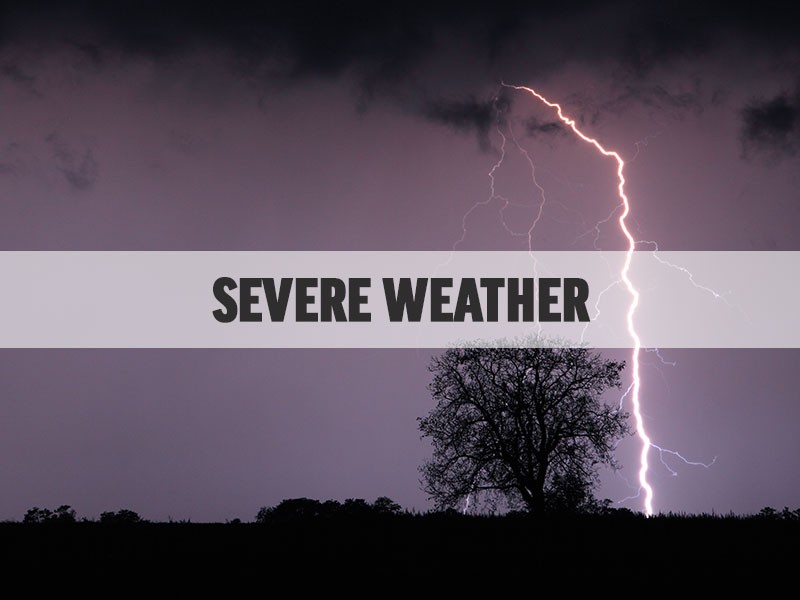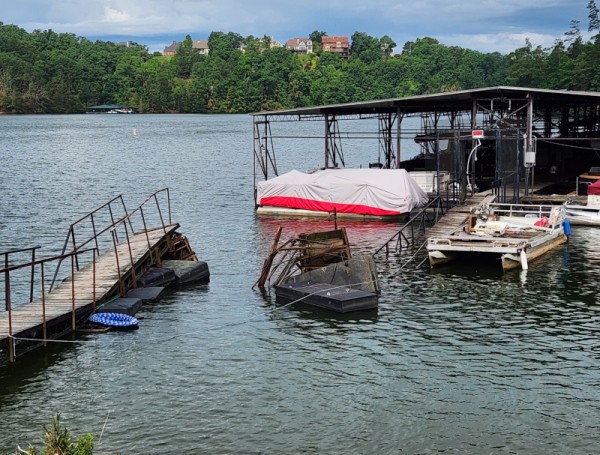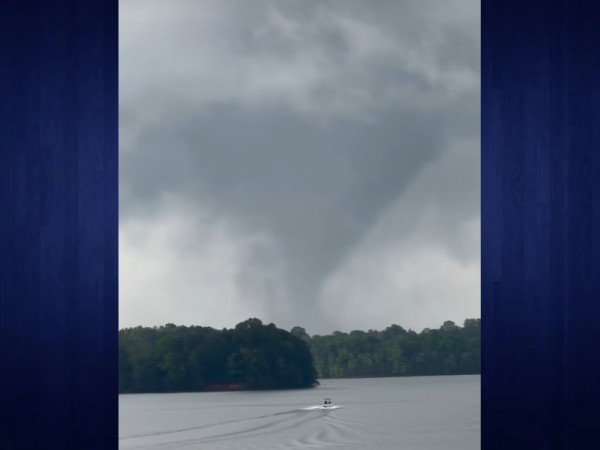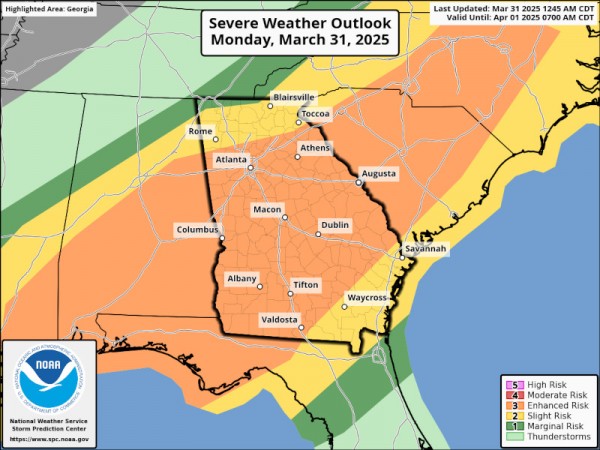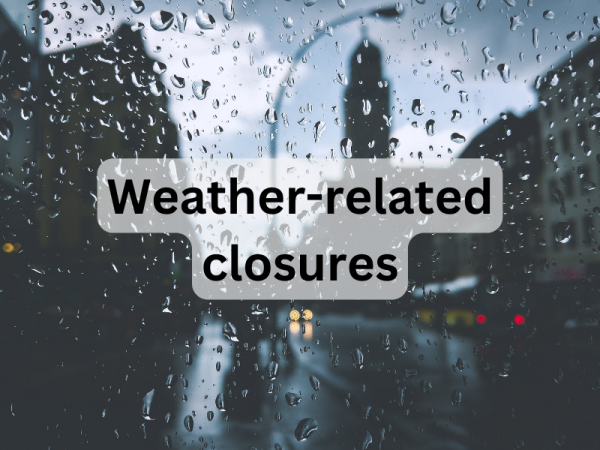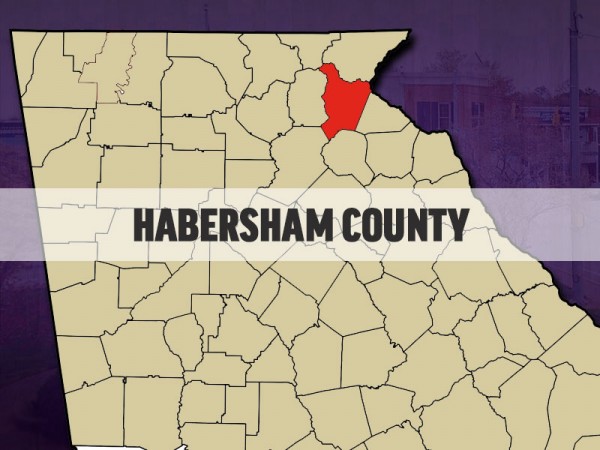Frequent afternoon thunderstorms are a staple during the hot summer months in Georgia, and one local emergency official has urged the public to take precautions specifically as it relates to lightning and thunder.
"If you can hear thunder, you can be struck by lightning," Zach Brackett, operations and special projects manager at Hall County Emergency Management said. "We've heard that our whole lives, but we forget about it because it happens so frequently."
A study from the National Lightning Safety Council found that 418 people died after they were struck by lightning between 2006 and 2019.
Brackett said if you do hear thunder, you need to seek shelter immediately.
"You don't need to wait an extra 10 minutes and see if it's going to do something," Brackett said. "I know that's something that people frequently do. 'Well let me see if it gets worse.' If you can hear the thunder, you can be struck by lightning."
Brackett said the public should monitor the weather if they are outdoors, and watch for "big, towering clouds," that may indicate a thunderstorm on the horizon. You can return outdoors once 30 minutes have passed since the last clap of thunder.
If you are sheltering inside, avoid plumbing, taking a bath or shower or talking on a corded phone.
"Obviously you want to stay away from windows and doors during a thunderstorm," Brackett said. "If lightning strikes your home, it's going to do damage, it's going to blow out windows, it's going to blow out walls ... and you don't want to be near that."
Brackett said if you are not able to make it to shelter, reduce your elevation as much as possible, and do not lay flat on the ground.
"That puts you closer to the ground and if there is a lightning strike close by it can actually conduct in through the ground," Brackett said. "Get away from any bodies of water and stay away from any objects that can conduct electricity like wire fences or power lines."
More information about lightning safety can be found here.


